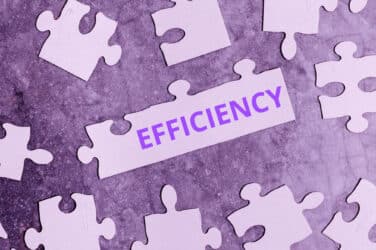
Open meeting to discuss definitions of key terms under Dodd-Frank.
The CFTC is about to enter the crucial “definitional phase” of rulemaking under Dodd-Frank, upon which hinges all the other rules for regulating the OTC swaps market.
On Feb. 23, it will hold an open meeting on a final rule that will define “swap dealer,” “security-based swap dealer,” “major swap participant,” “major security-based swap participant” and “eligible contract participant.”
There are many self-effectuating provisions that, although they technically became effective last July 16, nevertheless reference other provisions or definitions within Dodd-Frank for which further rulemaking is required.
The CTFC temporarily exempted entities from complying with self-effectuating provisions that reference terms that require further definition, such as “swap,” “swap dealer,” “major swap participant,” or “eligible contract participant, until Dec. 31, 2011 or the effective date of the definitional rulemaking for such terms, whichever is earlier.
The definitions of swap dealer and major swap participant are of particular concern to the derivatives industry because it believes that certain types of highly-regulated entities should not be regulated as dealers or MSPs.
Industry groups, including the Global Financial Markets Association and the Managed Funds Association, have also requested the CFTC to clarify the definition of “eligible contract participant.”
They’ve requested that funds with total assets exceeding $5 million and comprised of “highly sophisticated individuals” be permitted a safe harbor; in other words, that they be permitted to be categorized as ECPs.
Without such a safe harbor, the ECP definition may hamper the ability of certain legitimate market participants to remain in the institutional FX market.
The Dodd-Frank Act makes it unlawful for a non-ECP to enter into a swap other than on, or subject to the rules of, a regulated exchange. Hence, non-ECPs would be excluded from executing swaps on a swap execution facility (SEF) or bilaterally.
The Dodd-Frank Act contains major reforms to the derivatives market, including requiring that standardized or vanilla OTC swaps be executed on an SEF or exchange, and be cleared through a CCP.
“In the energy markets, the ultimate goal is to have everything cleared,” Leslie Barbagallo, chief operating officer of SunGard’s energy and commodities business, told Markets Media. “However, there will always be a segment of the market that’s bilateral-based because of the specialized risks that energy companies need to hedge against.”
SunGard provides a suite of solutions intended to help energy companies manage risk, such as Aligne, Kiodex, and Fame Energy, said Barbagallo.
Kiodex, for example, enables clients to view margin in real time so that they can optimize their positions and margin before the end of the trading day.





